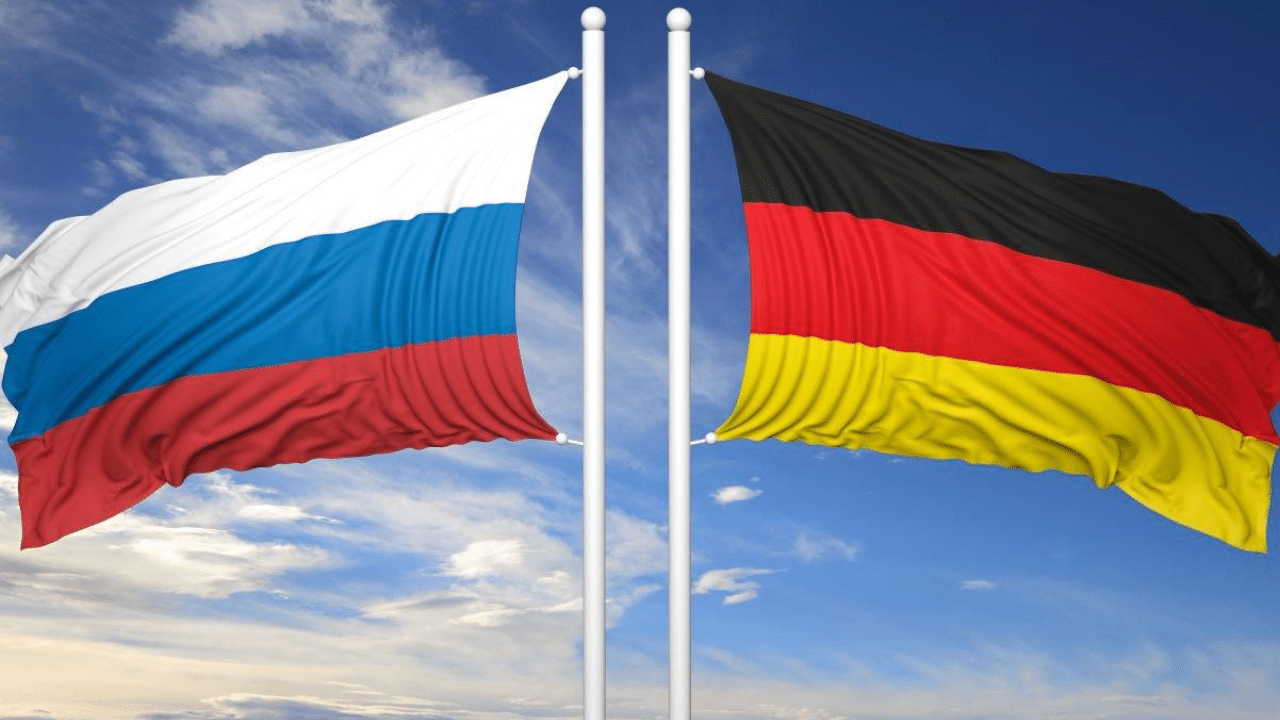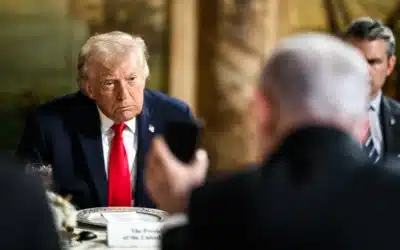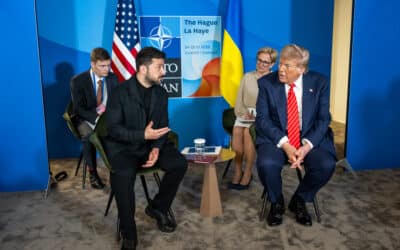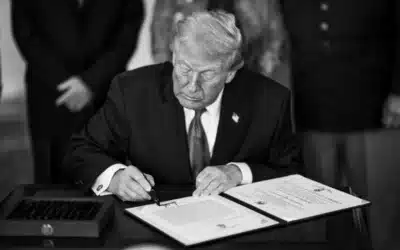As relations between Russia and Germany continue to spiral downward amid the war in Ukraine, the two nations engaged in tit for tat moves including ordering the closure of consulates and placing limitations on the number of diplomatic personnel in each country, the Associated Press reported on Wednesday.
Berlin announced that Russia was told to close down four out of five consulates general the Kremlin maintains within Germany. This move comes after Moscow limited the number of staff at the German Embassy and related facilities in Russia. Christofer Burger, a spokesman for the German Foreign Ministry, told reporters the decision was made to ensure “parity of personnel and structures” between the two countries.
Moscow is currently deciding which consulates will be shuttered. The Russian consulates in Germany are located in Hamburg, Leipzig, Bonn, Frankfurt, and Munich. The Kremlin recently established that an upper limit of 350 German officials, including those working in schools and cultural bodies, will be permitted to stay in Russia.
According to Burger, by November, Germany will thus shutter its consulates in Kaliningrad, Yekaterinburg, Novosibirsk. He said the remaining facilities Berlin will keep open are its embassy in Moscow as well as the consulate in St. Petersburg. Burger added that, starting next year, Moscow will only be allowed to operate out of its embassy in Berlin and one additional consulate.
Burger blamed Russia for the deteriorating situation and said regrettably, at this point, there is just “simply no basis” for numerous bilateral activities between the two nations.
Berlin has recently taken steps which severely damaged relations between Germany and the Kremlin. Namely, green-lighting the export of Poland’s Soviet-era warplanes which originally came from Germany’s military stockpiles.
Yielding to pressure from Washington and elsewhere inside NATO, German Chancellor Olaf Scholz also approved the transfer of German-made main battle tanks to Kiev, along with sending its own tanks as well, vastly escalating the proxy war with Russia.
Earlier in the war, Scholz had explicitly ruled out just such steps over concerns that sending tanks and planes to Ukraine would lead to a direct war between the North Atlantic alliance and Russia.

































